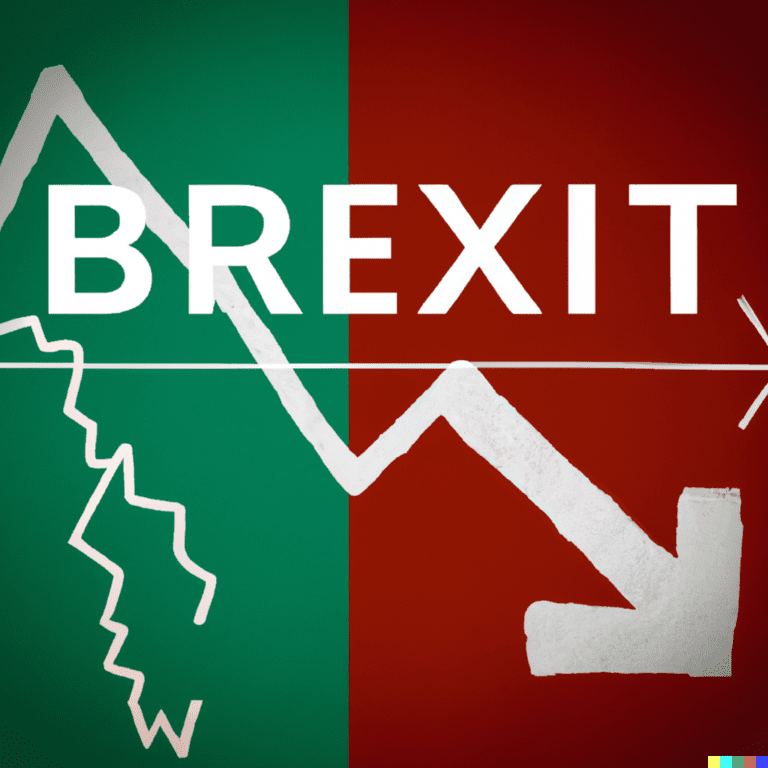Tracing the Economic Ripples of the Gaza Conflict
The ongoing war in Gaza has notably impacted Forex markets, reflecting in various currencies and the broader economic climate. Here’s a comprehensive overview:
Immediate Market Reaction:
The conflict escalated on the weekend, muting the initial market reactions. However, the geopolitical situation significantly affects global markets, particularly the exchange rates. The first reaction saw a spike in crude oil prices, typical for Middle East conflicts. Brent crude jumped to over $88 per barrel on the first trading day following the escalation. However, it receded later in the day.
Inflation Fears:
The rising oil prices rekindled inflation concerns, especially for the US and Europe. Although the US saw a decline in core inflation, it witnessed a rise in headline inflation, which could pressure the Federal Reserve to hike rates. Similarly, Europe’s already fragile economy could face additional inflationary pressures due to rising energy costs, potentially weakening the Euro.
Impact on the Shekel and Bank of Israel’s Intervention:
The Israeli Shekel had weakened by 10% in 2023, mainly due to political turmoil and expectations of a prolonged conflict with Hamas. In response, the Bank of Israel announced plans to sell up to $30 billion in foreign currency to stabilize the Shekel. This move was part of a broader effort to manage the economic fallout from the ongoing war and maintain financial stability within the country.
Effect on Neighboring Economies:
The war also triggered a currency devaluation crisis in Iran, where the national currency value dropped and gold prices surged. Iran’s economy, already under strain, faced additional challenges due to the conflict in Gaza, demonstrating the regional economic impact of the war.
Broader Diplomatic Implications:
There were rumours of a potential diplomatic breakthrough among the US, Israel, and Saudi Arabia before the war, hinting at Saudi Arabia’s recognition of Israel and increased crude production. However, the ongoing conflict, with Saudi Arabia siding with the Palestinian cause, might have thwarted this deal, potentially having broader implications on oil markets and, by extension, Forex markets.
Potential Beneficiaries:
As net energy exporters, Canada and the US could benefit if the conflict interrupts crude supply from the Middle East, driving up demand for North American energy exports. This situation could help the US dollar, potentially more than the Canadian dollar, as Europe might increase its energy imports from the US if Middle Eastern supplies are disrupted.
The unfolding events in Gaza have localized economic impacts and reverberate through the global Forex markets, showcasing the intertwined nature of geopolitical events and financial markets.







